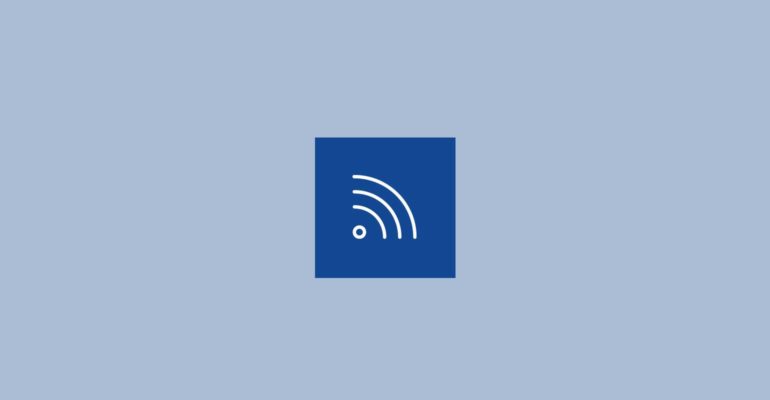FAO and IFIF underlined the safety of animal feed is crucial for the safety of the food we consume during a side event organized within the 38th Session of the Codex Alimentarius Commission
Jul 9, 2015
At the Side Event in July 2015 the International Feed Industry Federation (IFIF), together with the FAO, WHO, Codex presented their response to the recommendations of the FAO/WHO Expert Meeting on Hazards Associated with Animal Feed held in May 2015.
Codex Alimentarius has addresses the safety of animal feed through the years in a dedicated manner, adopting three specific documents: the Code of Practice on Good Animal Feeding, the Guidance for Governments on Prioritizing Hazards in Feed and the Guidelines on the Application of Risk Assessment for Feed. In addition, animal feed has been included in a number of other codes (for a comprehensive list, please see “Another step towards greater feed safety”).
But “the adoption on the specific text is not enough” said Eva Reinhard, Deputy Director General, Federal Office for Agriculture, Switzerland and Chair of the last Codex Ad Hoc Intergovernmental Task Force on Animal Feeding, during a side event organized within the 38th Session of the Codex Alimentarius Commission and dedicated to feed safety. “The documents need be brought to live. The objective is to make them effective in all regions of the world”.
Raising awareness on the importance of feed safety and of implementing the Codex requirements was the aim of the side event. More specifically, it updated participants on the latest scientific information on the food safety hazards associated with animal feed and presented the key findings, conclusions and recommendations of an FAO/WHO Expert Meeting which took place recently in Rome. In detail:
Key Finding: Hazards in feed can have a risk for human health and negative impact on animal health, welfare and productivity. Pursuing prevention of contamination and implementing the relevant Codex recommendations is paramount; for this scope, support through adequate capacity development with the involvement of a variety of stakeholders is needed. The prioritization of hazards is not feasible at the international level at should be done at the country or regional level; Codex guidance can facilitate this process. Since the environment in which feed is produced and used is changing (farming practices, climate change, feed sources) regular reviews of the state of the art on hazards in feed are needed, while risk management systems should adapt to changes.
Challenges: There is an important need for generating data on feed contaminations and to develop sampling approaches and plans. Also the collection and sharing of these date is important. Methodologies are needed that can facilitate risk assessment. Data should come from industry as well as from competent authorities. A dedicated mechanisms is needed to developed and share data.
Selected recommendations: Feed should be considered when drafting or revising Codex texts on biological and chemical contaminants. Feed and feed production technologies of increasing relevance (e.g. insects, former food and food processing by-products and biofuels by-products, aquatic plants and marine resources) might require the collection of relevant data and updated regulatory frameworks.
At the Side Event, FAO, WHO, Codex and the International Feed Industry Federation (IFIF) presented also their response to the recommendations of the Expert Meeting:
IFIF confirmed the willingness to share data and information, as well as to continue the successful collaboration with FAO to raise awareness of both regulators and industry and to discuss priorities for feed safety. It recognized the role of Codex as the forum with the science expertise best positioned to address the regulatory aspects of feed safety at an international level and highlighted how much work has already been done to bring parties together and collaborate further.
FAO and WHO will supporting their members to follow-up the recommendations through awareness raising and capacity development activities, including by stimulating adequate policies and regulations. The Global Environment Monitoring Systems (GEMS) developed by WHO will be extended, in collaboration with FAO, to collect and share data on feed.
FAO and WHO will continue addressing the needs for guidance for the production and use of the above mentioned feed and feed production technologies of increasing relevance. A wide multi-stakeholder programme for capacity develoment to ensure a safe production and supply of feed and feed ingredients through adherence to Codex Alimentarius recommendations, the implementation of good animal feeding practices and good manufacturing practices is under development.
Codex has already anticipated the recommendation of the Expert Meeting and is addressing feed and hazards in feed in a number of relevant Committees: on Contaminants in Foods, on Pesticide Residues, on Residues of Veterinary Drugs in Foods and on Food Hygiene.
The extensive discussion during the side event highlighted the need to continue information and knowledge sharing among the parties, as well as to make a step forward and discuss a common action plan for feed safety that would give direction and increase the commitment of the “feed community” to work together towards a common goal.
Source: http://www.fao.org/ag/againfo/home/en/news_archive/2015_Animal_feed_safety.html

